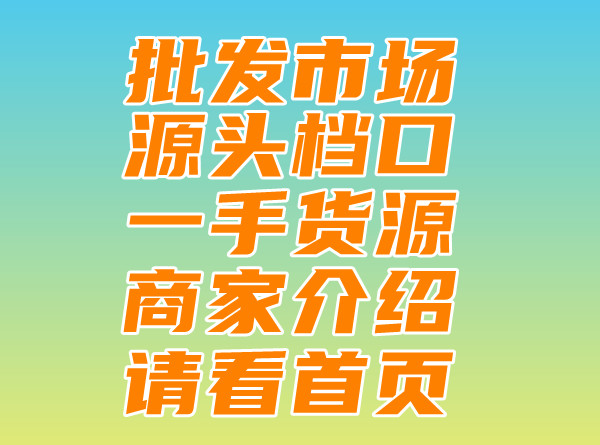Luxury 11 Top Replica: Illegal or Not?
Luxury 11 Top Replica: Illegal or Not?,
**Luxury Goods' Top-Tier Replicas and Legal Implications**
Introduction
In the realm of high-end fashion and luxury goods, the concept of "top-tier replicas" often arises. These are meticulously crafted copies of authentic luxury items, often imitating the designs and quality of brands like never before. While some replicas are mere imitations, 11th-level or "super replicas" are so close to the original that they often fool even experts. However, the legal implications of such activities are complex and worth exploring.Firstly, it is important to understand that the production and sale of top-tier replicas are not without legal risks. Luxury brands typically hold strong trademark and copyright protections, which are not easily breached by unauthorized copies. In most countries, the sale of counterfeit goods is a violation of intellectual property laws and can lead to legal action.
Moreover, top-tier replicas are often produced using inferior materials or techniques, which may compromise their quality and potentially harm consumers. This not only poses a threat to consumers but also undermines the reputation and financial well-being of legitimate luxury brands.
Legal Considerations
Despite their apparent quality, 11th-level replicas often lack proper authorization from the original brand. They may use designs that infringe upon a trademark or other intellectual property rights, thus violating legal provisions. The legal gray area often arises when these replicas are marketed as genuine products or imitate them so closely that even experts struggle to distinguish them.
In many countries, intellectual property law provides extensive protection to brand owners against unauthorized copies. This includes not only the protection of designs but also trademarks, logos, and other identifying features. Therefore, the production and sale of such replicas can lead to legal action by the brand owners.
Moreover, even if these replicas are not marketed as genuine, their existence can still tarnish the reputation of luxury brands. The perception of quality might be affected in the minds of consumers, who may perceive that such replicas represent the actual quality of luxury goods. This can have long-term effects on brand reputation and sales.
Conclusion
The production and sale of top-tier replicas, especially those at the 11th level, are not only illegal but also harmful to consumers and legitimate luxury brands. Such activities not only infringe intellectual property rights but also pose a threat to public health and safety through potentially compromised quality. Therefore, it is important for all stakeholders to be vigilant and take appropriate legal action to protect their rights and interests.

- "Guangdong Luxury 1:1 Top Replica Watches"
- Luxury Watch Replicas: Price Guide 这个标题简洁明了,直接表达了文章的主题,即关于奢侈品名表的复刻价格指南。
- Guangzhou Luxury Replica Factory Address and Contact Info
- Luxury Replica T-Shirt Price Guide: How Much for a Quality Reproduction?
- Title: Can You Spot the Difference in 11th Generation Luxury Replica?
- Guangdong Luxury's Top 11 Replica Shoes.
- Luxury Necklace Replica Price: How Much Does It Cost?
- Putian's Top 11 Luxury Replica Jewelry.


